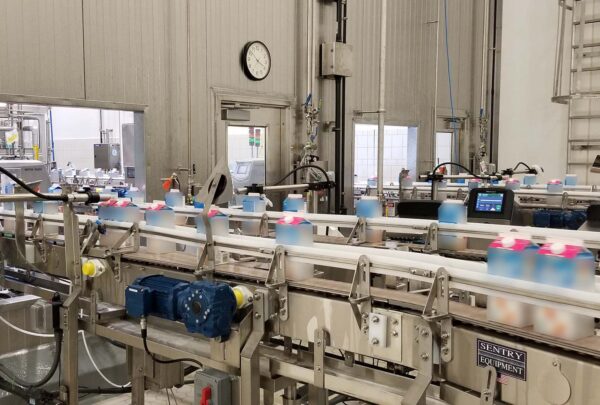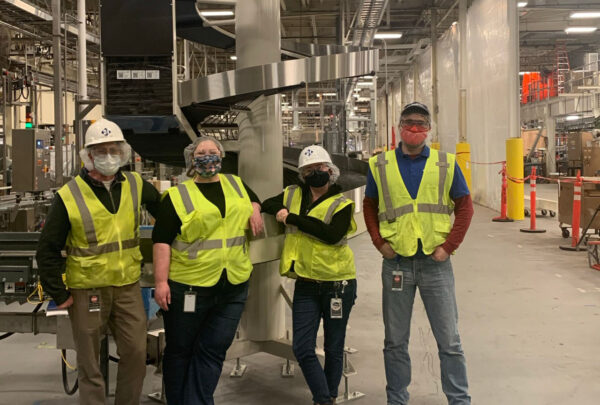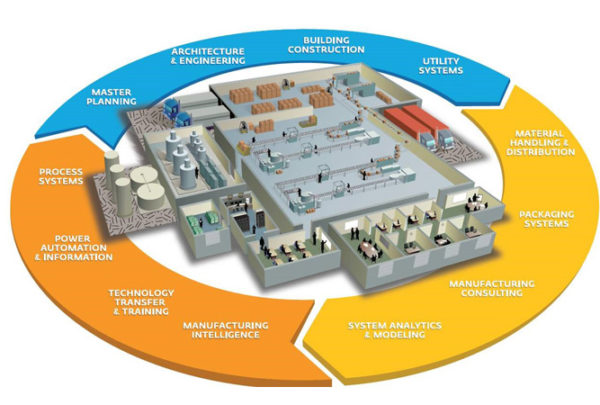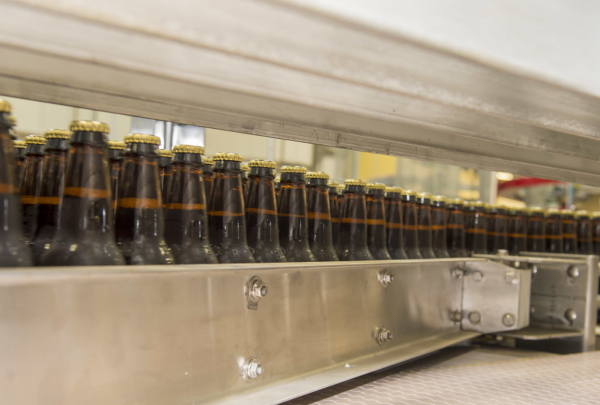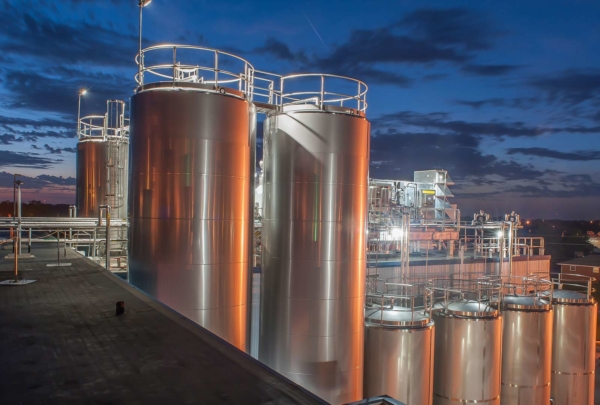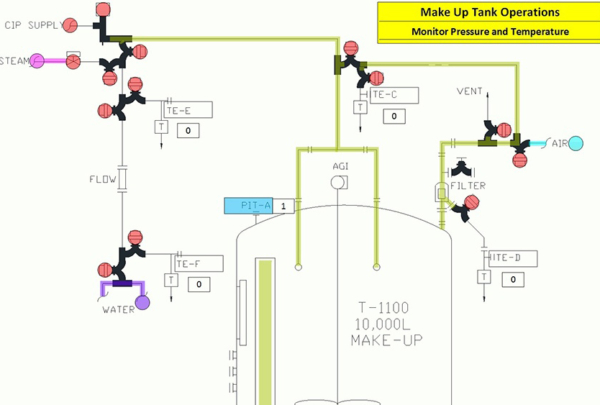For the first few years, Alan Green’s presence at the American Craft Spirits Association (ACSA) annual convention was as a plus-one to his wife, Nicole Austin, an award-winning master distiller who was instrumental in the organization’s creation.
Over time, though, Green realized that his expertise as a Haskell Senior Automation Associate could be of value to others there because while it might seem that “automation” and “craft spirits” have no business in the same sentence, that’s not necessarily true.
He applied to become a presenter at this year’s and, when accepted, named his presentation, “Automating Your Craft Distillery Doesn’t Mean Giving Away Your Craftiness.”
“This was my fourth year going because my wife is in the industry, and I started going with her before I realized I had something to bring to the table too,” Green said. “The ACSA has a fun, welcoming environment. I applied to present and was accepted, I was happy to be able to give something back to this community that was so welcoming to me.
“Most people know what automation is, and if they aren’t already using it, it’s because it makes them nervous. It doesn’t necessarily have to take over your entire process; there are ways to implement it without taking away from old-fashioned ways of distilling.”
The ACSA is the only registered national nonprofit group representing the U.S. craft spirit industry and seeks to elevate and advocate for the community. This year’s convention was held in Denver with the theme “Moving Mountains to Help You Succeed.” Attendees had the opportunity to network with distillers, owners, packaging experts and more. Along with educational sessions, exhibits and keynote speakers, the annual judging of craft spirits highlighted the event.
Born in Glasgow, Scotland, Green earned a bachelor’s in Electronic and Electrical Engineering and a Ph.D. in Image Processing from the University of Strathclyde. He has more than 20 years of experience in automation and the creation of process control systems from design through onsite project delivery and commissioning.
His presentation focused on the benefits of using automation to control even a small part of the distilling process, especially in the areas of safety measures and data acquisition.
“The analogy that I use when talking about safety is that your cup of coffee doesn’t have to kill you,” Green said. “The idea behind this is that you don’t have to continue to watch the plant when you step away to make a cup of coffee; the plant is able to watch itself, so you no longer have to worry about it over pressuring or not reacting quick enough.”
While some distillers have fully automated plants, others prefer manual processes. This more traditional route is used primarily in smaller distilleries, but that can give rise to a couple of problems. If two different people run the same plant, one may have faster processes than the other, which can cause production delays. The other is replicating a batch of whiskey, which is almost impossible unless every point in the production process is recorded.
“Collecting information is really important for distilleries,” Green said. “The beauty of craft distillation is that you have clever, nuanced flavors and little changes to your recipes. But when you do it all manually, it’s difficult to repeat a good batch. With data acquisition, all the information is recorded as it’s happening so you can repeat the exact temperatures and pressures and try to make it again.”
Haskell’s automation team provides expertise in virtually the entire manufacturing spectrum. This broad skillset creates turnkey solutions for clients when combined with Haskell’s facilities, process, and packaging teams, which collaborate closely to reduce risks and keep projects on time and on budget. Projects like the Bently Heritage Distillery highlight Haskell's specialties and capabilities.
“Working at Haskell allows me to access a larger group of people that all have experience in this field or in one related,” Green said. “We have process and automation engineers who can provide services to these clients, and I know I have over 2,000 people at my back that can help with what’s needed.”
Haskell's subject matter experts consistently maintain a holistic and innovative approach to problem-solving, which means they regularly participate in solutions-focused discussions across disciplines and industries. Contact our team to leverage that thought leadership on your next project.




